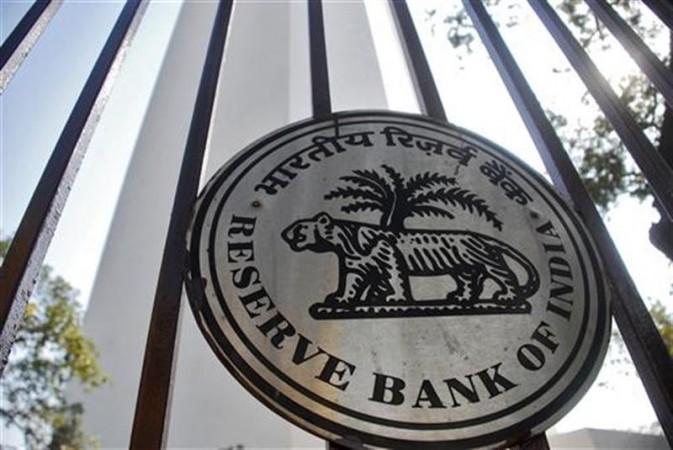
The Reserve Bank of India (RBI) is expected to keep its benchmark interest rate on hold at 7.50 percent at a policy review on Tuesday, while signalling that it could act swiftly to lower rates further if inflation stays within its target.
This year, RBI has already cut the repo rate twice, by 25 basis points each time, in a bid to bolster economic growth. Neither reduction took place during a regular policy review.
"Having cut rates in mid-March and mid-January, a pause may be warranted to reassess the outlook on inflation," said Gaurav Kapur, senior economist at Royal Bank of Scotland in Mumbai.
The RBI rates on the back of easing inflation. The consumer price index rose 5.37 percent in February, marking a fifth consecutive month of staying within the RBI's target of 2 to 6 percent.
Earlier-than-expected rainfall in parts of the country have pushed up prices of winter crops, such as wheat and pulses, which could make the RBI cautious over the outlook for inflation. The RBI's wariness will also be heightened by any rebound in crude oil prices due to tensions in the Middle East.
Only nine of the 40 economists surveyed by Reuters expect the RBI to cut rates on Tuesday, but most expect at least a 25 bps cut by the end of June.
Those analysts reckoning on a rate cut later this month, instead of at a policy review in June, are expecting inflation to remain within target when the next data is released on April 13.
Beyond the outlook for inflation, the RBI has also made rate cuts contingent on Prime Minister Narendra Modi's government containing its fiscal deficit and passing economic reforms.
Lower Indian interest rates would help stop the rupee from strengthening further against other currencies whose central banks are cutting interest rates.
A surge in foreign investment flows into India has pushed up the rupee, raising worries about sudden, destabilising outflows should the Federal Reserve start raising U.S. interest rates later this year, as is widely expected.
Analysts expect any dovish statement from the RBI to be accompanied by more pressure on commercial banks to lower their lending rates. Only a few reduced rates after the previous central bank cuts, raising concerns about the transmission of monetary policy actions to the broader economy.
Although markets have speculated that the RBI could cut the cash reserve ratio (CRR) - the portion of deposits that lenders must keep with the central bank - to boost banks lending capacity, few analysts believe the RBI would resort to such a blunt tool.













